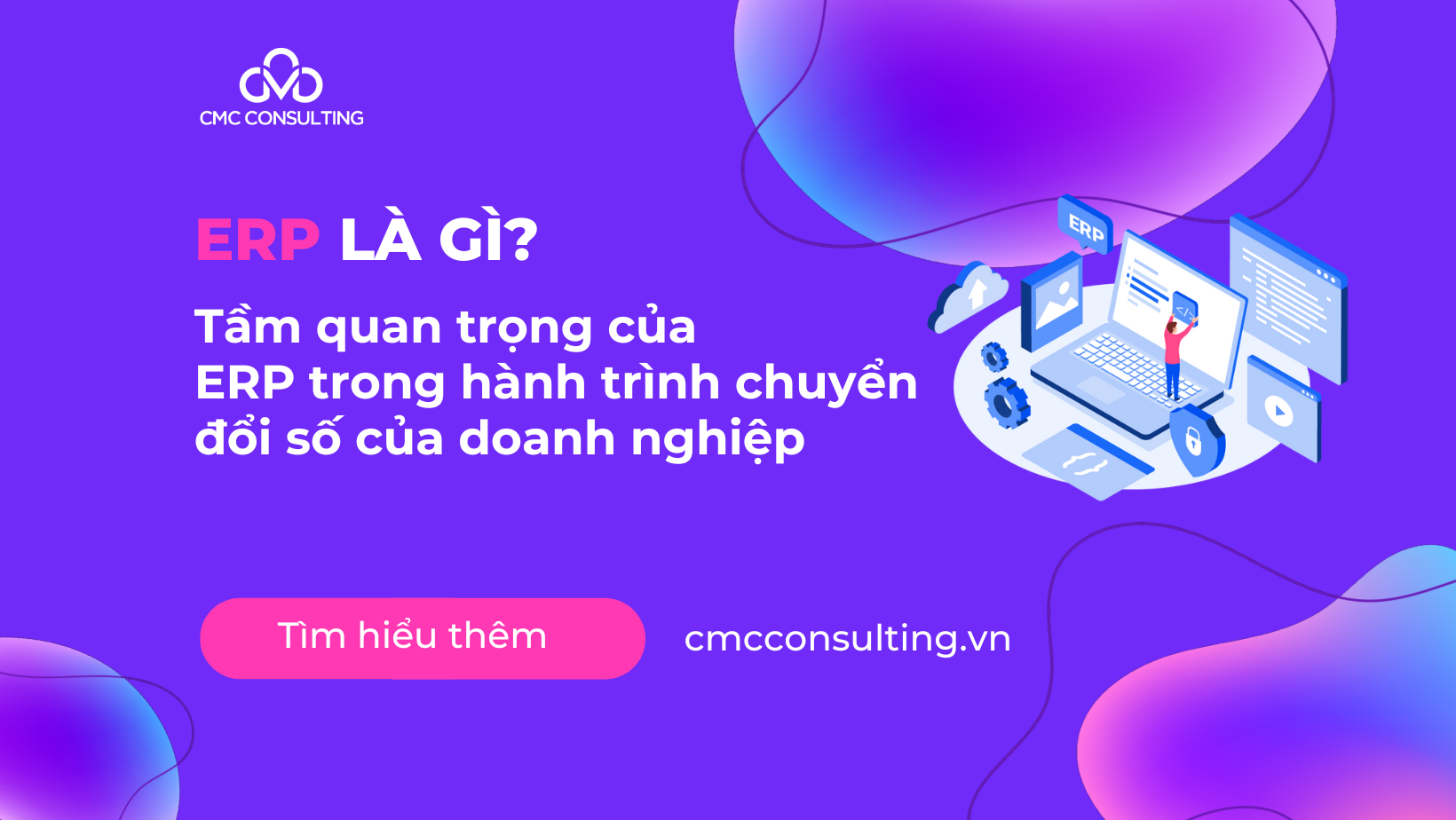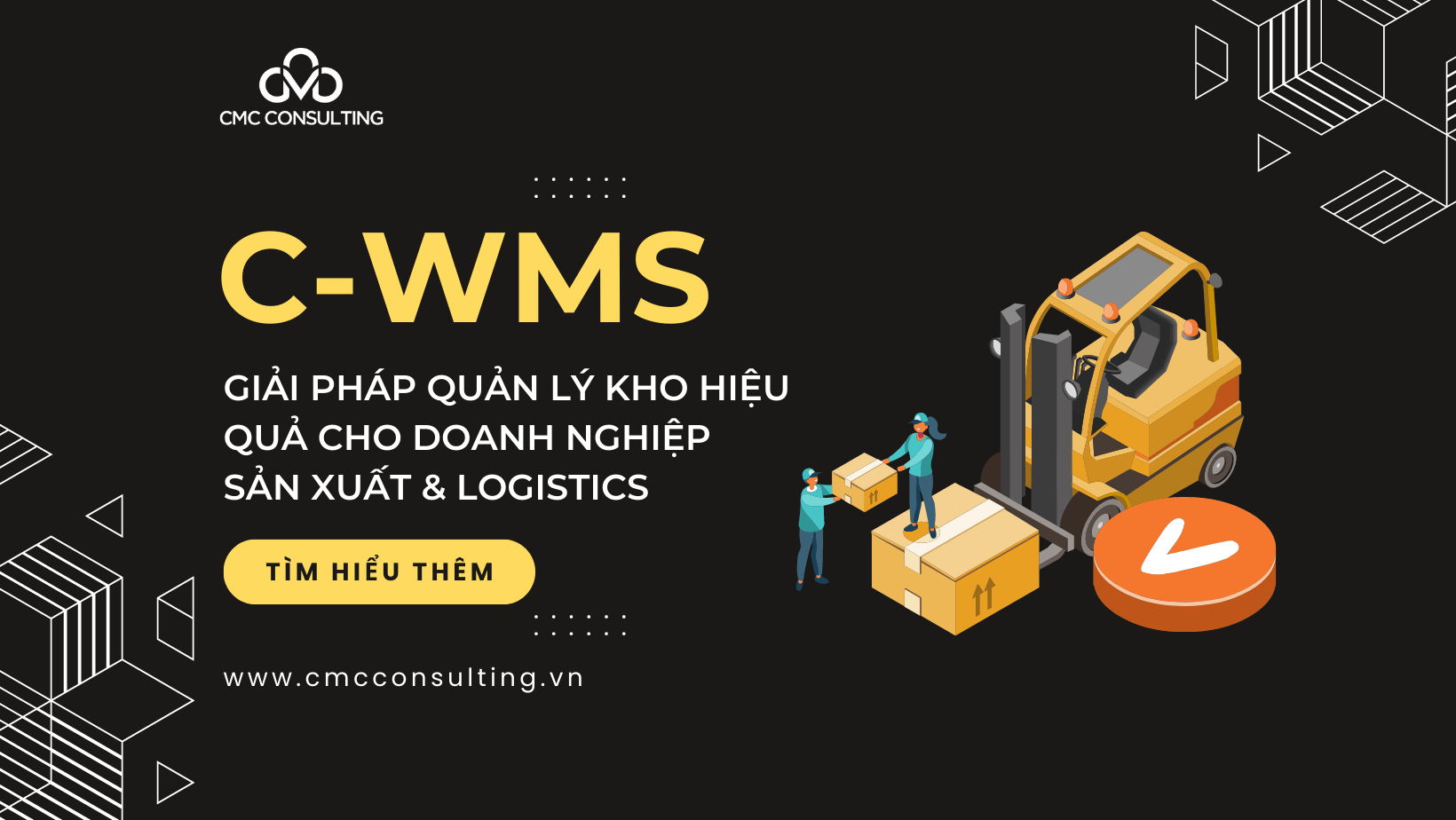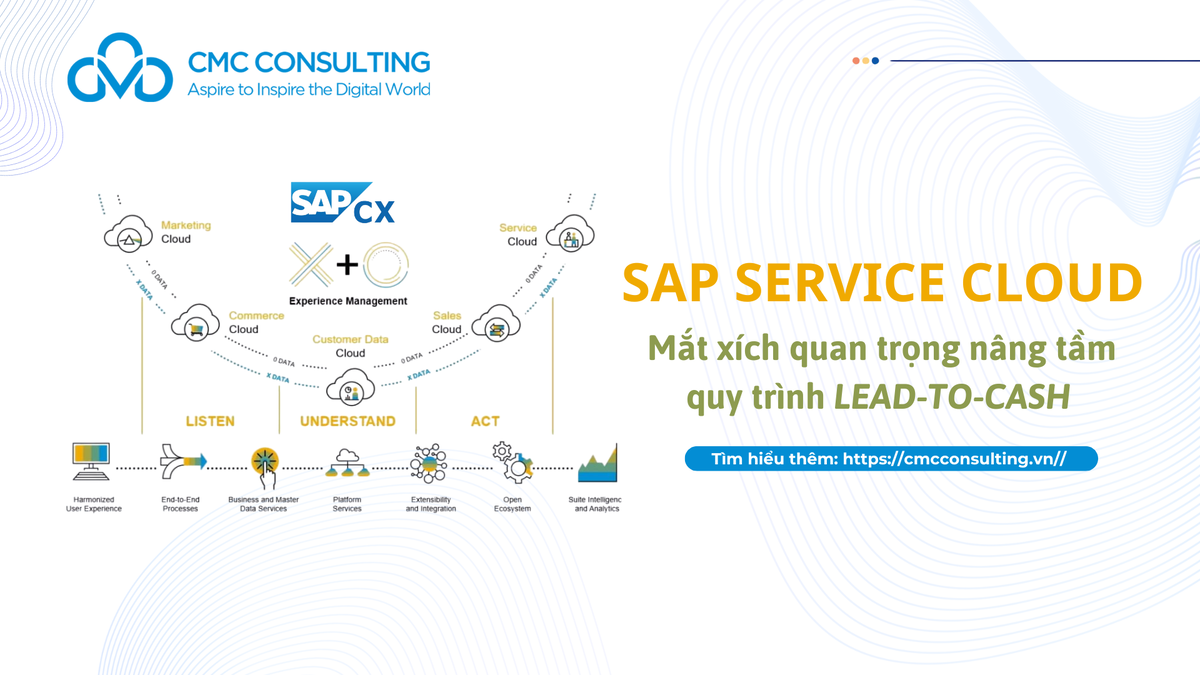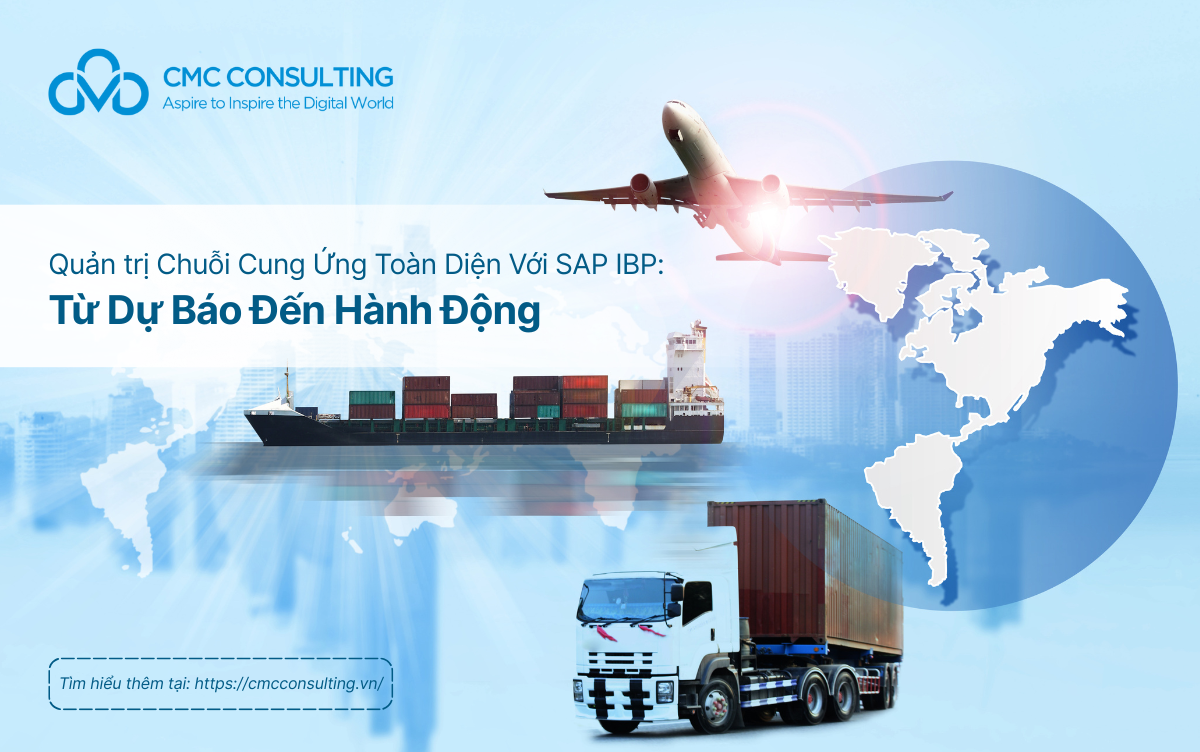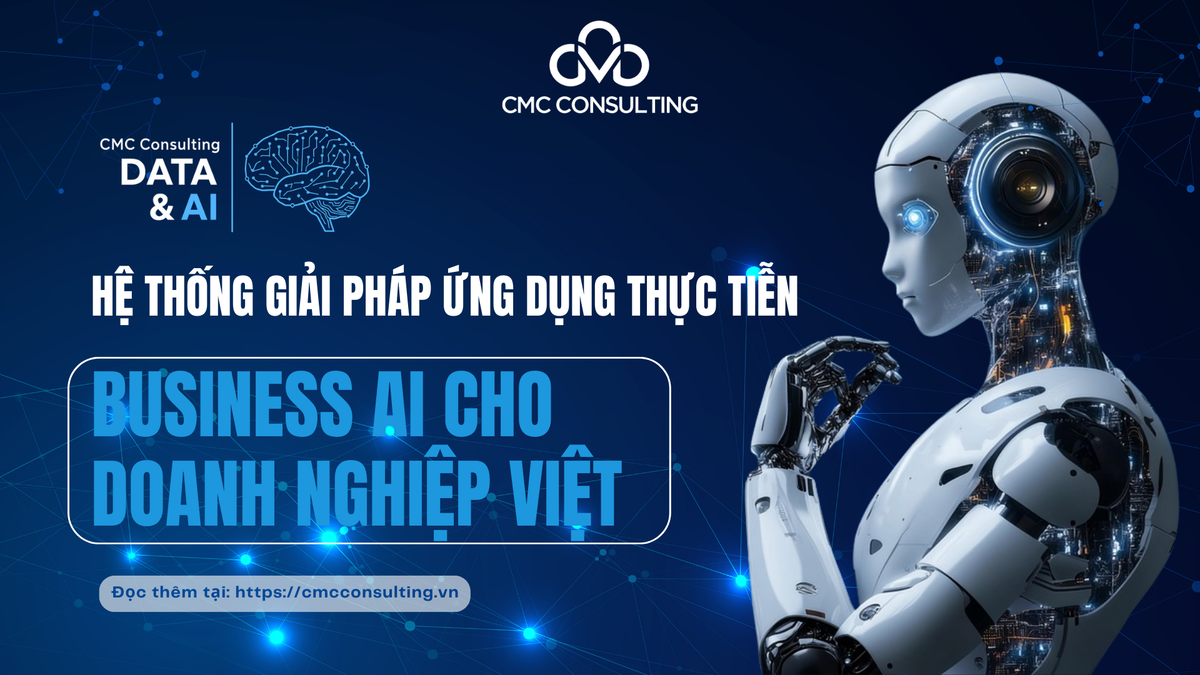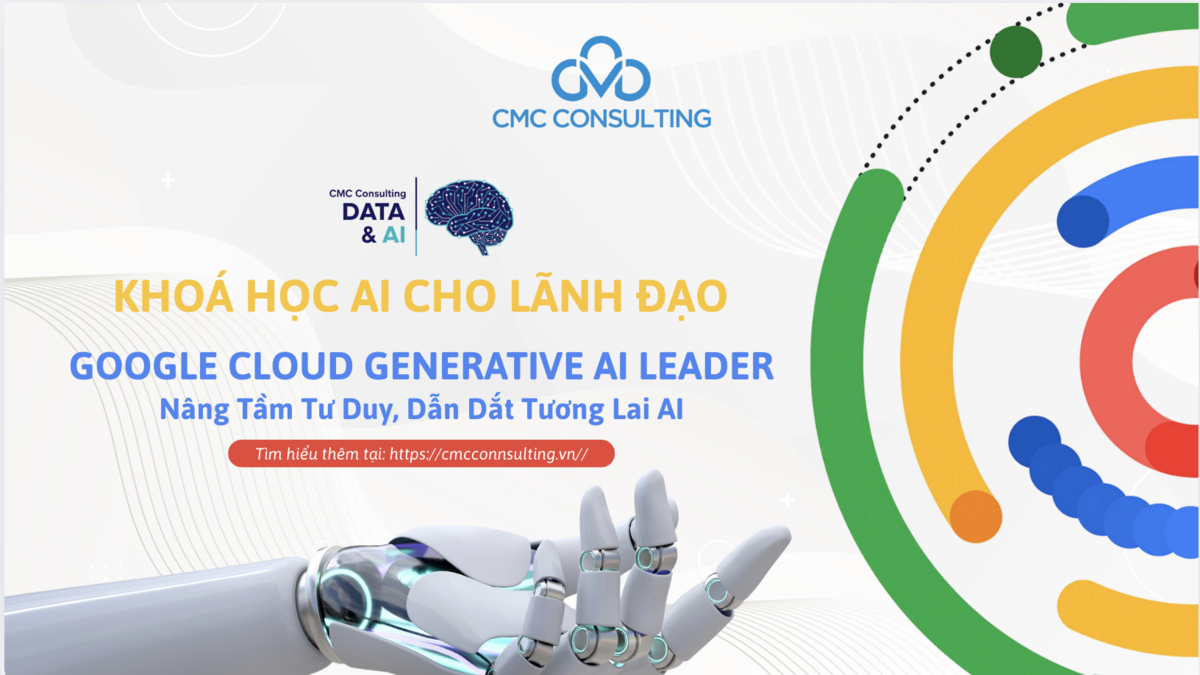
ERP is an acronym for the phrase Enterprise Resource Planning System, also known as an operational information system and business administration that integrates all core processes needed to run a company. The process of the ERP implementation is always arduous and challenging, not all businesses can successfully implement ERP systems. Therefore, businesses need to carefully consider and prepare before deploying to avoid wasting time and resources, holding back the business growth. Here are the critical factors to help businesses overcome challenges and successfully implement ERP projects, in order to boost business efficiency:
1. Detailed Implementation Planning
Planning is always the first crucial step and the element that businesses need to focus and invest a large number of resources in when implementing the ERP. Enterprises that want to maximize efficiency and minimize risks during the ERP application need to pay attention to the following issues:
- Identify the Project Scope:
At this stage, businesses need to set visible expectations about KPIs and the value that can be achieved when going-live based on the business's size, the project’s level, and the scope they want to invest in. Besides, they also need to estimate risks in the ERP implementation process.
- Make the most realistic and detailed Implementation Plan:
Enterprises need to plan specifically on key tasks of the project, including meetings with project managers of both parties to come up with a transparent roadmap, thereby planning resources to fulfill that plan. This phase will decide how the process details in terms of schedule, deadlines, responsibilities, roles for each person in the team including the leader, members and persons involved. Enterprises should spend time in this phase to make a plan closely according to each specific task item to help the ERP implementation process be transparent and ensure the project progress.
- The guidance of the Board Of Directors
ERP projects need to be top-down oriented with the members from the leadership team to participate in the direction and daily support, ensuring the implementation in the outlined direction. The Board Of Directors also plays the role as a mediator which promptly makes decisions when conflict or inconsistency occurs between team members or two parties.
2. Choosing the suitable ERP software
The selection of an ERP software that is suitable for the way business works and its specific characteristics requires careful calculation and consideration. To find an ERP solution maximizing functions in operation as well as achieving business efficiency, businesses should notice the following criteria:
- Business Demands
The flexible nature of ERP software allows businesses to implement solutions based on their own business needs. Enterprises need to clearly identify their current business situation based on future objectives, including: growth goals, efficiency goals, speed of achieving goals, etc.
- Requirements on suitable ERP software
Every business has its own operating process and specific requirements when applying ERP software. To solve challenges that businesses are facing, a suitable ERP software needs to meet the requirements of technology, flexible customization between functional departments, upgradeability and future expansion, the ability to integrate conversion between ERP software and other software, etc.
- Budgets and Resources
Enterprises need to clearly determine how much budget can be allocated to apply an ERP system. If their resources (including budget and human resources) are limited, businesses need to reduce and carefully classify the functional requirements of departments. Or businesses can choose other single solutions with reasonable fees, but still ensure operational efficiency.
- Supplier of ERP solution
The right partner will help the ERP implementation to be smooth. When choosing any supplier, businesses should make questions about: What are the benefits and values after deployment? Suitability of the solution? Choosing the right ERP software supplier means choosing a partner that will help the company prepare the foundation, support training, reduce the transition process, tackle the risks and always accompany enterprises until the end. If the above criteria are met, the enterprise has completed half of the journey to success in ERP implementation.
3. The ERP implementation investment costs
There is no universal formula to evaluate exactly how much a business needs to spend on an ERP solution because vendors have various pricing methods and each business has different requirements with each solution implemented. However, there are some fixed costs that businesses need to prepare for the implementation, including:
- License
License is also known as the licensing fee. Like many other enterprise applications, ERP software is often licensed for use. This is a compulsory requirement for a specific business, unit, or some users during deployment.
- Implementation Fee
This fee normally accounts for the largest percentage of the total cost in ERP implementation. The ERP deploying process includes: consulting; setting up the process, installing software, training users, operating the system, etc. Therefore, the cost of implementation is higher or less based on the duration and complexity of the project. To help businesses reduce funding pressure, software suppliers can propose to extend the implementation time or prioritize the most important modules first, the rest can be expanded in the next phase.
- Hardware and Infrastructure costs
Including the cost of installing servers, workstations, disk cabinets, UPS, etc. Basic server needs: system server, database server, backup server, email management server,internet service management server, shared document server, ect.
In addition, enterprises can use Cloud ERP to exploit data on ERP via internet connection, helping to reduce system installation and operating costs to save implementing costs in general.
- ERP System Upgrade and Maintenance fee
In the course of using ERP software, errors may occur. Therefore, the maintenance and upgrading into a new version to avoid errors caused by the outdated one should be done quickly, avoiding business interruption. Enterprises can proactively calculate the upgrade time as well as the cost for this process. Consulting from an ERP supplier is very necessary to determine the specific time as well as possible consequences when upgrading; in order to make an alternative plan so that all activities can go smoothly.
4. Training Key Users and End Users
Training Key Users and End Users by using the "train the trainer" method, meaning that the deployment partner will train the enterprise's Key Users team to perform proficiently on the system. After that, Key Users will conduct a check with the ERP system and the agreed solution in order to complete validation, then move the project to the transition phase for official go-live and Key Users will re-train for End Users. There are some following requirements need to be paid attention in this process:
- The staff is ready to adapt to the new ERP system
The transition between the old system to the ERP system requires a lot of time and a huge amount of work and knowledge. There needs to be support of the Board Of Directors, Senior Management and all employees in the business. However, changing the corporate governance system has certain effects that make many employees not really ready. This issue needs skillful handlings from the management to reassure employees and prove the value of ERP software for business operations.
- Get Technical Support
The training of users requires technical support from the implementation team to put the business operations on the right track and minimize errors during the go-live process. Deployers can support by 2 methods: On-Site Support by sending experts to the enterprise and troubleshoot problems, Remote Support via Internet, phone, etc.
- Training seriously, combining theory and practice.
End Users including system administrators and operations staff need to be trained to use the system properly and effectively. The training course needs to be taken seriously, the theoretical instruction must be tied to the practical system. If it’s possible, the enterprise should train all users. However, in cases where there are too many users or the enterprise has branches in many different locations, it is possible, businesses should train users selectively from the key persons and then go on to retrain others by themself.
***
In order to smoothly implement the ERP system, enterprises need to clearly identify the core factors inside and outside the business so that they can carefully prepare and invest resources and be ready to seize opportunities in the digital transformation and optimize their business processes. And more importantly, a reputable ERP implementation partner will be a right-hand man, assisting businesses in solving problems and contributing to the breakthrough for each enterprise in the digital transformation journey.
CMC Consulting (Successor company of CMC Ciber) is honored to be the Gold Partner of SAP Vietnam, a leading reputable supplier of consulting and implementation SAP ERP solutions. With more than 150 leading ERP experts, CMC Consulting has successfully implemented ERP systems for many large corporations in Vietnam and abroad. SAP ERP solutions delivered by CMC Consulting fully meet business criteria with competitive price and top-notch quality. CMC Consulting always strives to bring sustainable values during ERP implementation to overcome challenges and seize opportunities for success together.
CMC Consulting - Empowering Businesses During the Digital Transformation!
Contact Us now:
Hotline: 024 7106 5555- Ext: 8700
Email: contact.cmcconsulting@cmc.com.vn





 CMC Consulting
CMC Consulting 15/03/2022
15/03/2022




